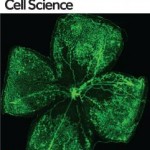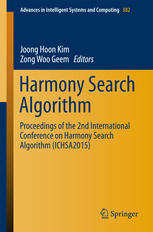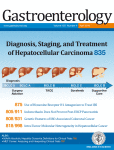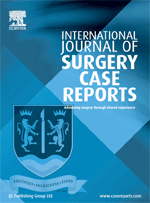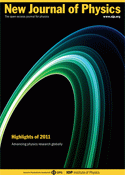 A publisher is retracting two papers today by a team of physicists who took a short cut in reporting their data.
A publisher is retracting two papers today by a team of physicists who took a short cut in reporting their data.
The papers present a method for imaging very small things — like biological processes on a molecular scale — that could be an alternative to electron microscopy, as the authors explain in a video. But after the papers were published in the New Journal of Physics, last author Ulf Leonhardt, now based at the Weizmann Institute of Science, found out that some of the data
were pixel-by-pixel mirror-symmetric, which is impossible for genuine experimental data.
One of the researchers co-authored a subsequent paper that acknowledges one of the papers incorrectly assumed the data were symmetrical, and could therefore be extrapolated from one side to the other. A representative of the publisher told us they have not seen any signs of misconduct, and the problem seemed to result from a “series of apparent miscommunications between the authors.”
Here’s the retraction notice for “Evidence for subwavelength imaging with positive refraction:” Continue reading Physics journal pulls two papers for data shortcuts

